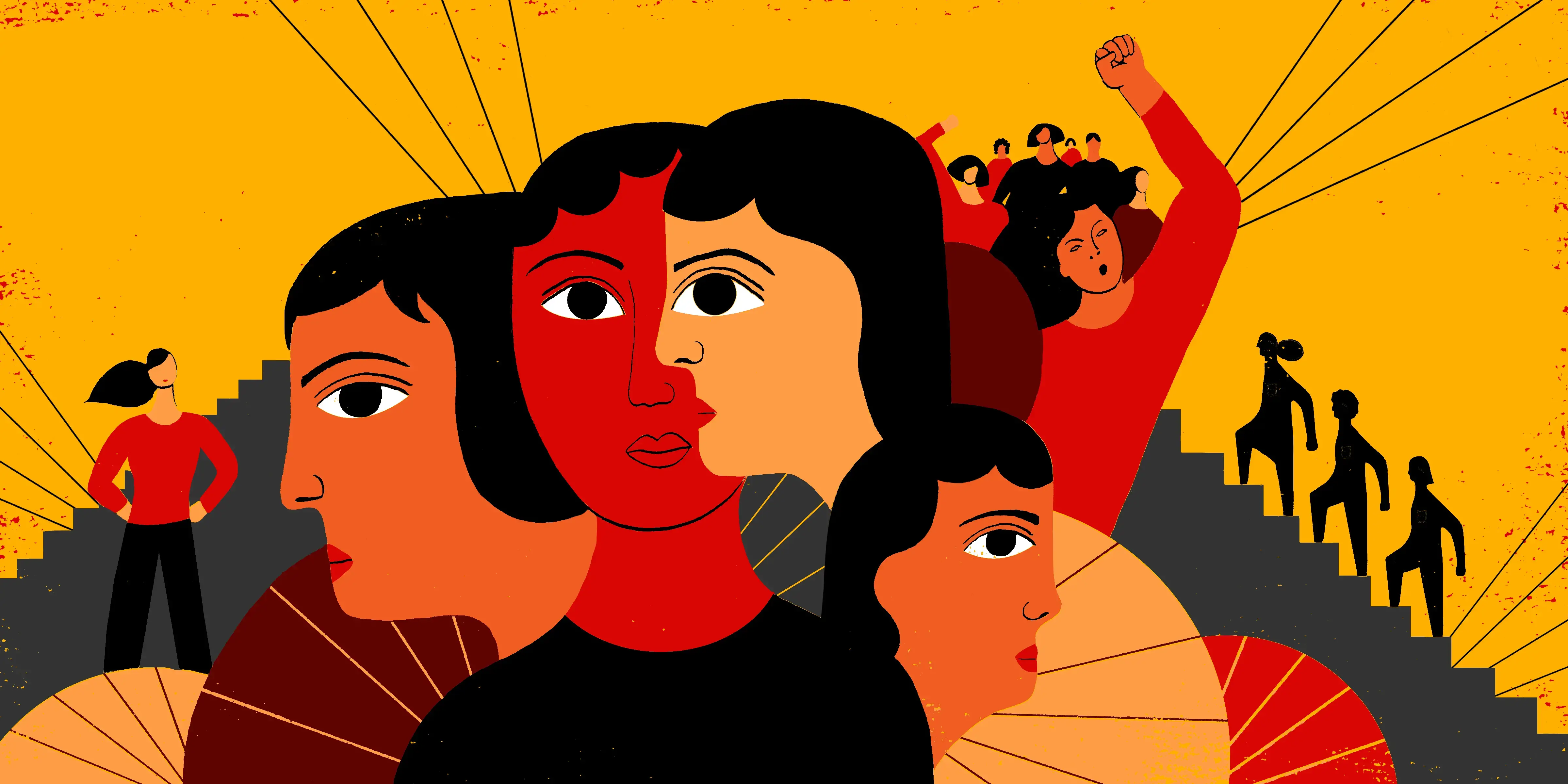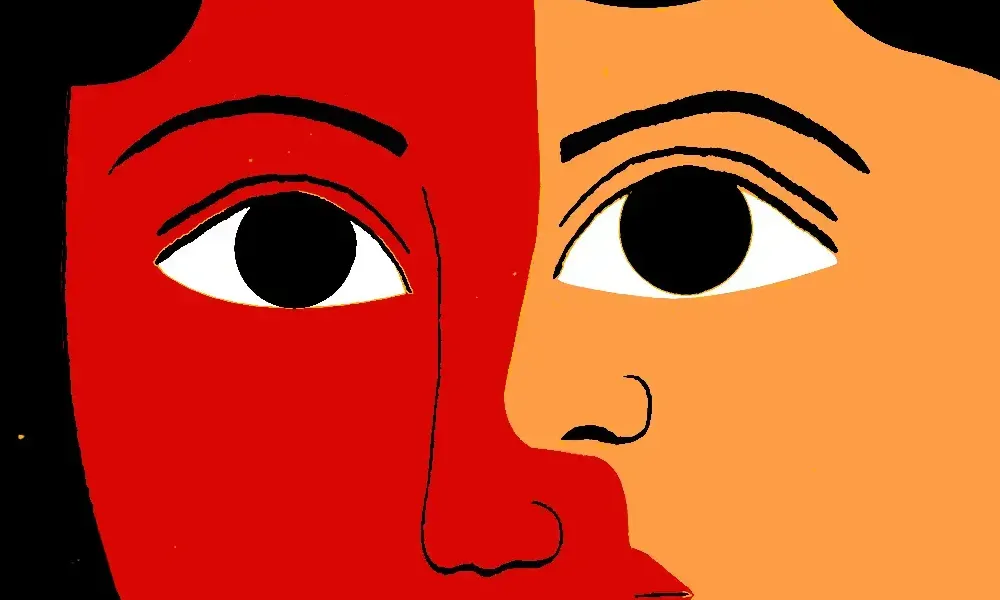Every day, millions of women face threats that most of the world never sees. Behind closed doors, in workplaces, in schools, and increasingly, online, violence against women and girls takes countless forms, from physical abuse to psychological torment and digital harassment. On November 25, the United Nations marks the International Day for the Elimination of Violence against Women, a moment to confront this crisis head-on. It also launches the UNiTE campaign, running through December 10 as the 16 Days of Activism against Gender-Based Violence, with 2025 shining a spotlight on a growing and complex threat: digital violence. From social media harassment to non-consensual AI-generated images, technology that connects us can also endanger us, making it imperative for communities, governments, and tech platforms to act.
Violence in Numbers: A Global Crisis
The following numbers illuminate the scale of the crisis, but behind every statistic is a survivor, a community, and an urgent need for action.
-
736 million women (1 in 3 globally) have experienced physical and/or sexual violence in their lifetime.
-
51,100 women killed in 2023 by intimate partners or family members, one every 10 minutes.
-
38% of women have faced online violence, 85% have witnessed it against others.
-
Among women journalists, 73% report experiencing online harassment.
-
Fewer than 40% of countries have laws against cyber harassment or cyberstalking, leaving billions without legal protection.
The new frontier is digital
The UN campaign emphasizes that digital spaces are not neutral. Technology, from social media to AI, can be weaponized to harass, humiliate, and threaten women and girls. Key forms include:
-
Non-consensual intimate images (“revenge porn”)
-
Cyberbullying, doxxing, and online stalking
-
Deepfake pornography and AI-generated abuse
-
Hate speech and misogynistic disinformation campaigns
The UN warns that these threats are amplified by anonymity, weak regulation, and rapidly evolving technology, making it harder for survivors to seek justice and safety.

16 days of activism
The 16 Days of Activism (Nov 25–Dec 10) are more than symbolic. They are a global call to action to:
-
Open doors to conversations about gender, power, and digital responsibility
-
Open doors to justice, stronger laws, and funding for women’s rights organizations
-
Open doors to survivor-centered support, from counseling to legal aid
-
Open doors to prevention by changing social norms
This year, the UN encourages governments, communities, and individuals to take concrete action against digital violence, reporting harassment, supporting survivors, and promoting education on online safety.
A Call to the World
Violence against women is persistent, complex, and evolving, moving from homes into digital spaces. The International Day for the Elimination of Violence against Women and the 16 Days of Activism are reminders that action is non-negotiable.
Every post, every policy, every conversation matters. Because digital or physical, violence is preventable, and every woman deserves safety.
